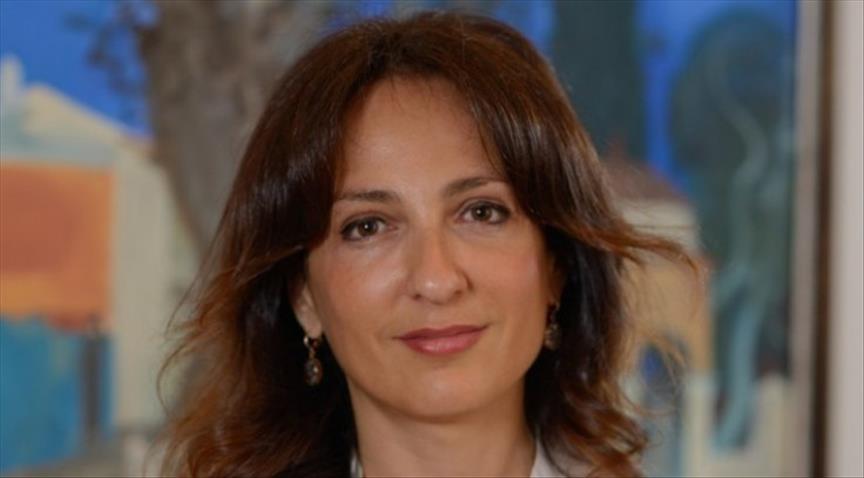Investors will benefit from the increased funding made available in the future from international financial institutions in energy investments through Turkish bank loans, Ebru Dildar Edin, the vice president of Turkiye Garanti Bankasi AS, said.
"Funding by these corporations provides significant cost advantages," the vice president in charge of project financing told Anadolu Agency.
"Energy investments are usually carried out in foreign currency. However, the price of loans by Turkish banks does not always match investor expectations. Important cost cuts are achieved when bank loans are based on these funds."
The European Bank for Reconstruction and Development (EBRD), which launched the Mid-size Sustainable Energy Financing Facility (MidSEFF) with support from the European Investment Bank (EIB) and the European Commission (EU), aims to provide €1.5 billion in loans through seven Turkish banks, including Garanti.
The facility aims to lend to private sector borrowers to finance mid-size investments in renewable energy, waste-to-energy and industrial energy efficiency.
When the COP21 agreement to combat climate change is put into effect, new international funds will be formed to encourage projects geared towards achieving energy efficiency, Edin said.
"These funds will be channeled to developing countries. We cannot take advantage of them at the moment with Turkey being classified as a developed country. The government is showing efforts to change this. It is important that Turkey has access to them to maintain our competitive advantages," she explained.
- About 15 percent more efficiency in industry
Banks, non-governmental organizations (NGOs), municipalities and the government should work together on suitable financing solutions to achieve energy efficiency, according to Edin.
"All stakeholders must work together for integrated solutions," she said.
She cited the example of providing finance collectively for energy efficiency in large residential or commercial buildings.
"For example it's hard for banks to give out individual loans to all the inhabitants in very large buildings. This is one area where banks can work with municipalities, with banks providing financing in a pool system while municipalities can recoup costs through taxes."
Edin noted that if Turkey takes the necessary precautions and steps towards energy efficiency, there will be potential to achieve 15 percent more energy efficiency in industry and transport and 35 percent more in buildings.
"Turkey can even meet the growth in electricity demand in the upcoming period. Banks are very keen to provide the necessary solution," she said.
It is important loans geared towards energy efficiency projects differ from standard consumer loans to encourage investment, according to Edin.
She suggested that loans specific to energy efficiency could be exempt from certain taxes or that banks could offer cheaper rates on these loans compared to other individual loans.
Garanti is working to launch a new type of loan to finance small-scale energy effiency projects in the second half of 2017, Edin announced.
"Energy efficiency provides large potential for financing purposes," she said, adding that "we have tried to make our lending processes compatible with these needs. We have tried to design loans that are more available for the consumer and can be marketed from our branches."
Edin said Garanti predicted roof-top solar panels would be used effectively in the near and mid-term in Turkey to meet the energy needs of individual housing units, used either as residences or offices.
"Our new loan type would aim to finance solar panels maximizing energy efficiency. Solar energy provides many opportunities in terms of financing in Turkey," she asserted.
Sibel Akbay
Anadolu Agency
Sibel.akbay@aa.com.tr


